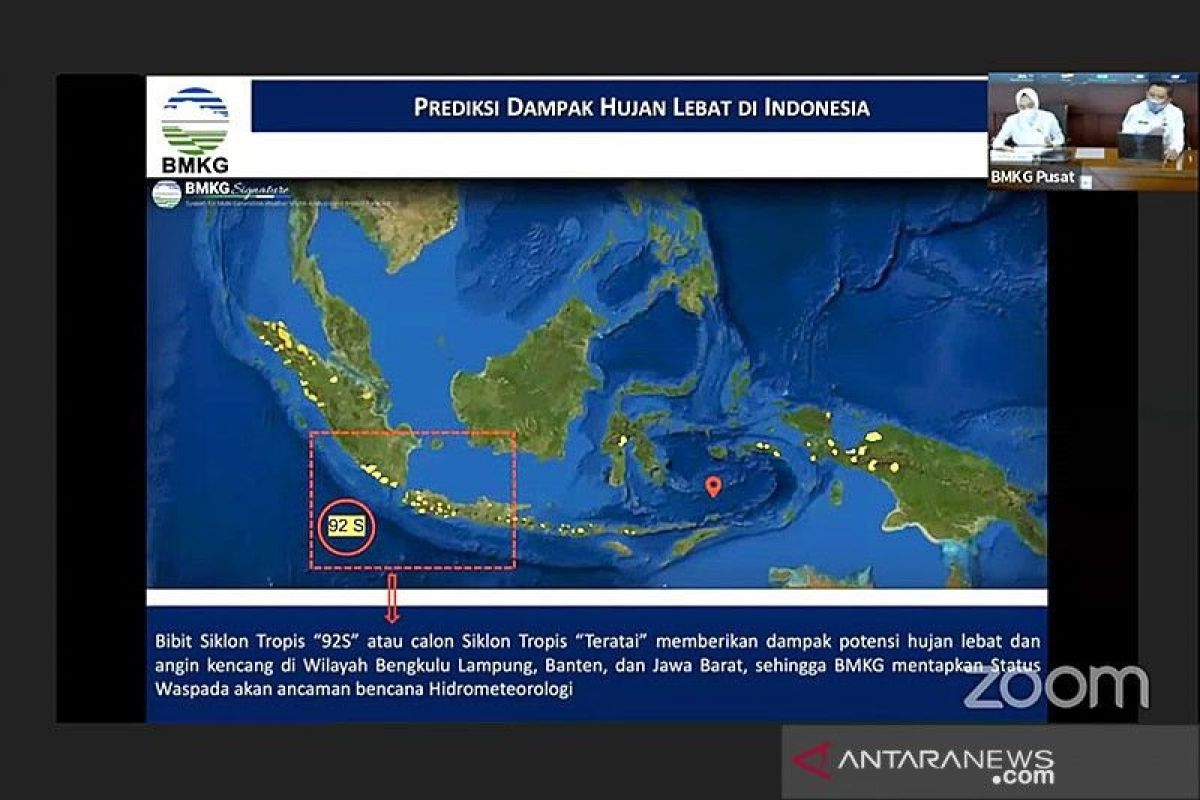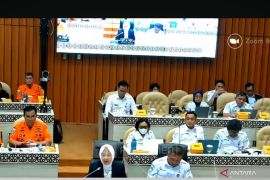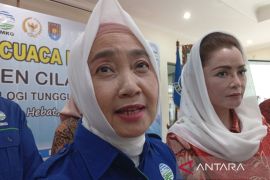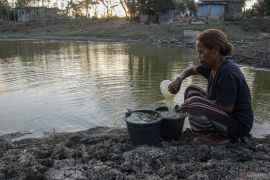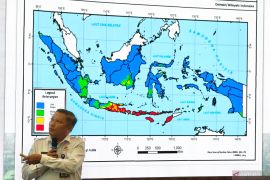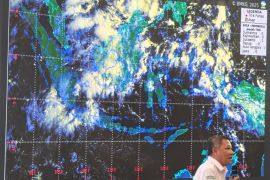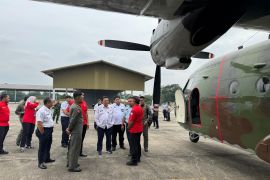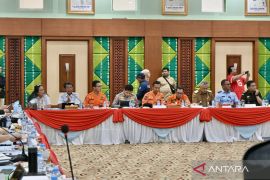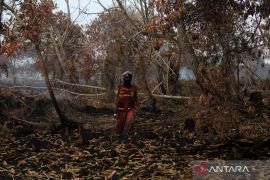"This condition is evenly distributed throughout Indonesia starting from Aceh, North Sumatra, West Sumatra, Riau Islands, Bengkulu, South Sumatra, Bangka Belitung Islands, and Lampung to also Banten, Jakarta, West Java, Central Java, Yogyakarta, East Java, and Bali," Deputy for Meteorology in BMKG Guswanto noted in a written statement on Friday.
In addition, other provinces that are experiencing growth of rain clouds are West Nusa Tenggara, East Nusa Tenggara, West Kalimantan, North Kalimantan, East Kalimantan, South Kalimantan, North Sulawesi, Gorontalo, West Sulawesi, Central Sulawesi, South Sulawesi, North Maluku, Maluku, West Papua, and Papua, he noted.
Related news: BNPB asks four provinces to remain alert for La Nina
Guswanto stated that another phenomenon that increased rainfall is the active atmospheric wave phenomenon of Kelvin, Equatorial Rossby, and MJO waves in Indonesia, especially in the central and eastern parts that can also increase the likelihood of extreme weather in the following week.
MJO, Equatorial Rossby, and Kelvin waves are atmospheric dynamics that indicate the potential growth of rain clouds on a wide scale around the active phase area they pass through, he noted.
The MJO phenomenon and Kelvin waves moved from the Indian Ocean to the Pacific Ocean, passing the Indonesian territory, with a cycle of 30-40 days on the MJO and on a daily scale for Kelvin wave, he said.
On the other hand, the Rossby Wave Phenomenon is observed to move from the Pacific Ocean to the Indian Ocean by passing through the Indonesian territory.
Similar to MJO and Kelvin, when the Rossby Wave is active in the Indonesian region, it can contribute to the increasing growth of rain clouds in several parts of Indonesia.
Related news: As La Nina returns, Indonesia braces for flooding, landslides
Guswanto reminded the public to take anticipatory steps, such as ensuring water mitigation to accommodate increased rainfall and ensuring the condition of waterways and drainage. In addition, the community must conduct environmental management by not littering cutting slopes, or felling trees uncontrollably.
“Also, trim the branches and twigs of fragile trees and strengthen the stands and poles to avoid collapse during strong winds," he stated.
Guswanto also called on all elements to conduct massive reforestation and monitor the weather forecast and Earling Warning Extreme Weather from the BMKG for each sub-district across Indonesia.
Related news: Regions should be prepared against hydrometeorological disasters: BNPB
Translator: Devi Nindy S R, Resinta S
Editor: Rahmad Nasution
Copyright © ANTARA 2021
